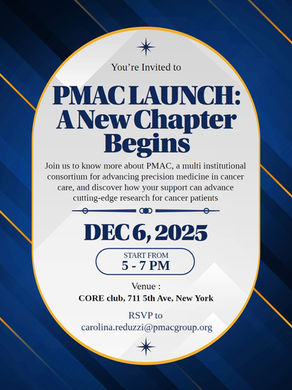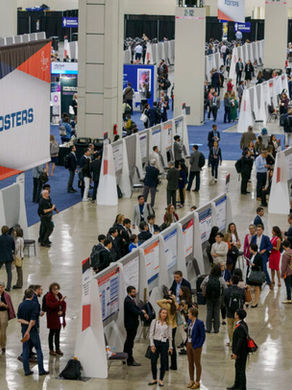

Transforming patient care through precision medicine
Our Mission
To conduct innovative, high-impact research in precision medicine with the goal to improve the prognosis and care of patients with breast cancer and other solid tumors while fostering education for the next generation of investigators and the broader community.
Learn more on how our organization is advancing precision oncology through innovative liquid biopsy research. We collaborate with leading institutions and leverage a large, real-world, clinically and molecularly annotated database to generate high-quality evidence that enhances cancer care.

We aim to leverage liquid biopsy for insights into tumor biology and resistance in hormone receptor-positive cancer. Our studies using ctDNA and circulating tumor cells (CTCs) reveal tumor evolution and the need of personalized therapies. Ultimately, we seek to enhance tools to predict resistance and improve outcomes.

Our research focuses on rare cancer subtypes with high clinical need, such as invasive lobular carcinoma (ILC) and inflammatory breast cancer (IBC). By compbining data from multiple centers, we are able to investigate characteristics and biomarkers for these rare and understudied entities.

Through the use of liquid biopsy for minimal residual disease (MRD) detection, we aim to identify patients at higher risk of relapse and guide targeted interventions for better long-term outcomes. Through these efforts, we strive to translate MRD assessment into clinical practice and improve survivorship for all patients.

Our research addresses health disparities and diversity in cancer care. We explore how biological features, access, and systemic factors affect patient outcomes. We are conducting studies to uncover inequities and develop strategies for equitable care, ensuring that innovations in precision oncology benefit all communities.
Discover how PMAC is committed to advancing education in liquid biopsy and precision medicine. We provide valuable resources and initiatives aimed at supporting physicians, early-career investigators, patients and the public within the cancer research community.

















